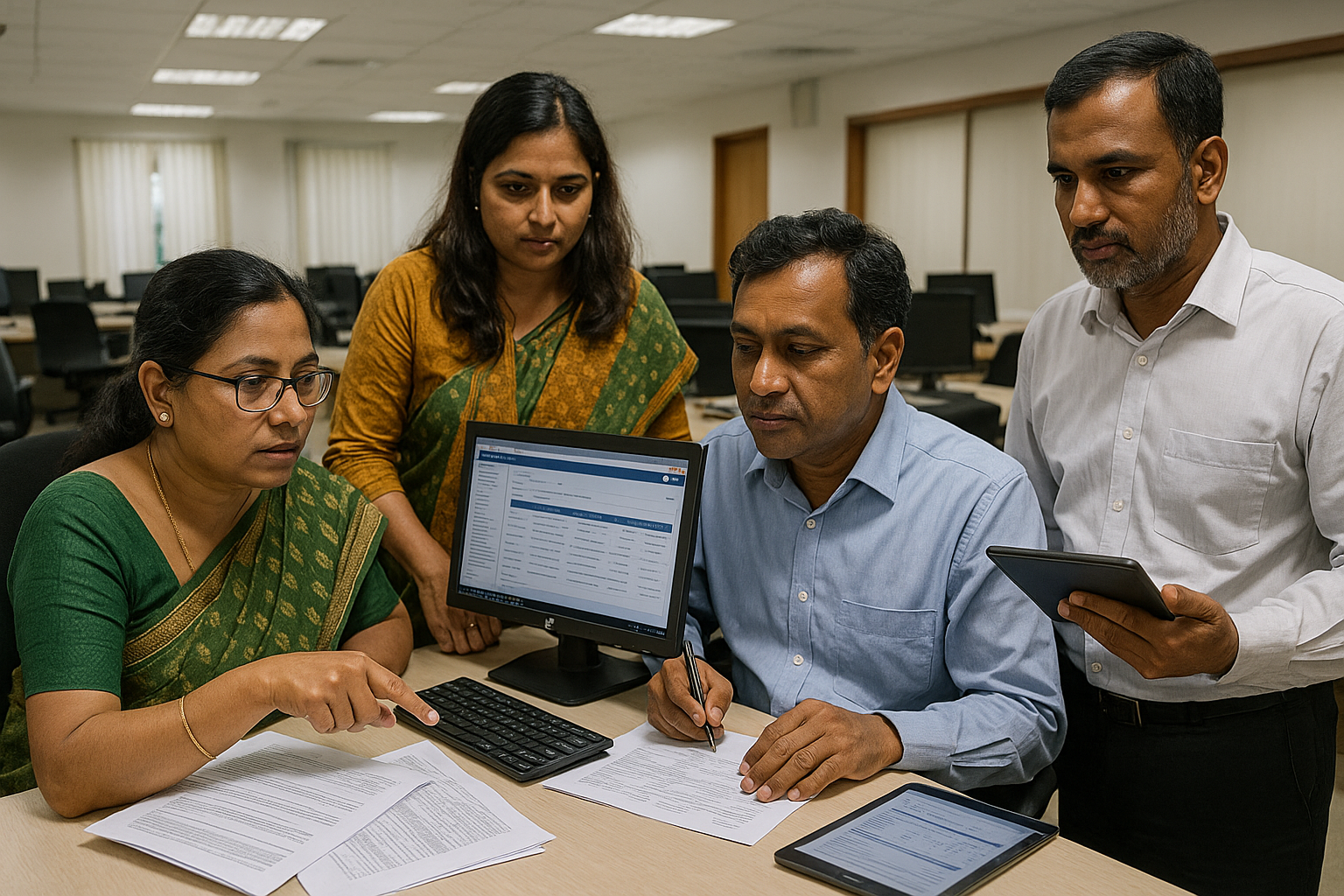World Bank Approves $500M to Boost Transparency, Governance in Bangladesh
At the heart of the new initiative is a commitment to improving transparency, accountability, and efficiency within Bangladesh’s public sector.

- Country:
- Bangladesh
In a decisive move to bolster institutional credibility and economic resilience, the World Bank has approved a $500 million financing package for Bangladesh aimed at improving public trust in institutions, strengthening corporate governance, and enhancing financial sector stability. The operation, titled the Strengthening Governance and Institutional Resilience Development Policy Credit, underscores the country's reform momentum during a critical phase of its economic transformation.
Reinforcing Transparency and Accountability
At the heart of the new initiative is a commitment to improving transparency, accountability, and efficiency within Bangladesh’s public sector. A key component involves modernizing the public financial management system. This includes the digitalization of public procurement through the mandatory use of electronic government procurement (e-GP), public disclosure of beneficiary ownership, and the elimination of rigid price caps—measures designed to stimulate competition and reduce corruption.
Additionally, by 2027, all government project appraisal documents will be publicly accessible, a landmark step toward open governance. The Office of the Comptroller and Auditor General will see its capacity significantly upgraded to provide more robust and independent oversight of public finances.
Restructuring the Financial Sector
The policy credit also aims to deepen reforms in the financial sector. The Bangladesh Bank will be equipped with a comprehensive suite of resolution powers, enabling it to address vulnerabilities in the banking system more effectively. Moreover, reforms will align corporate financial reporting with international standards, improving risk management practices and restoring investor confidence.
"Strengthening corporate governance and risk management is essential to safeguarding the financial sector from systemic shocks and inefficiencies," said Dhruv Sharma, World Bank Senior Economist and Task Team Leader for the project.
Tax Policy Reforms to Expand Fiscal Space
Bangladesh currently struggles with one of the lowest revenue-to-GDP ratios among middle-income nations, a situation that severely hampers the government's ability to deliver essential public services. The World Bank financing supports sweeping tax policy and administration reforms intended to boost domestic revenue mobilization. This includes modernizing tax administration, enhancing transparency, and introducing a strategic framework for managing tax exemptions—now requiring Parliamentary approval to curb ad hoc policy-making.
These changes aim to align tax operations with international best practices and ultimately increase fiscal space for pro-poor spending.
Social Protection and Data Reforms
Recognizing the importance of effective social safety nets, the financing also supports the implementation of a dynamic social registry to more accurately identify and support vulnerable populations. This tool is especially vital in responding to economic shocks and natural disasters, ensuring resources reach those most in need.
In parallel, the Bangladesh Bureau of Statistics will gain institutional independence, facilitating more reliable and transparent data collection. This move is expected to improve decision-making across all levels of government and service delivery sectors.
Commitment to Inclusive Growth
“This financing is closely aligned with citizens’ desire for transparency and accountability and will support Bangladesh’s ambitious reform agenda,” said Gayle Martin, World Bank Interim Country Director for Bangladesh. “The government is taking bold steps to make its institutions more open and answerable so that they can serve the people better.”
With this commitment, the World Bank’s total new financial pledges to Bangladesh in fiscal year 2025 now stand at $3.07 billion. Since its independence, Bangladesh has received over $46 billion in grants and concessional credits from the World Bank, reinforcing its position as a long-standing partner in the country's development journey.
This latest funding marks a pivotal moment in Bangladesh’s ongoing pursuit of inclusive, transparent, and resilient economic growth—anchored in strong institutions, financial stability, and citizen empowerment.










